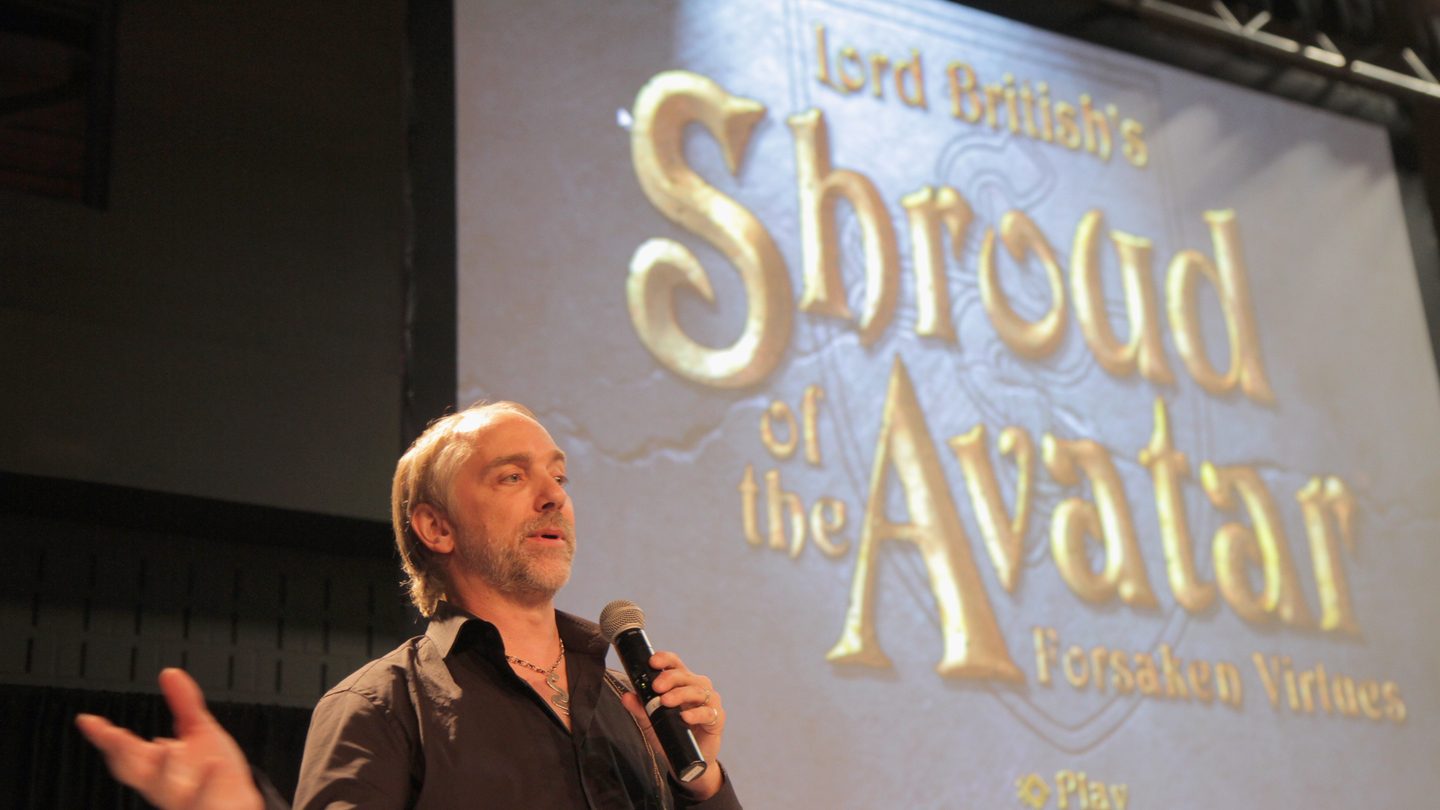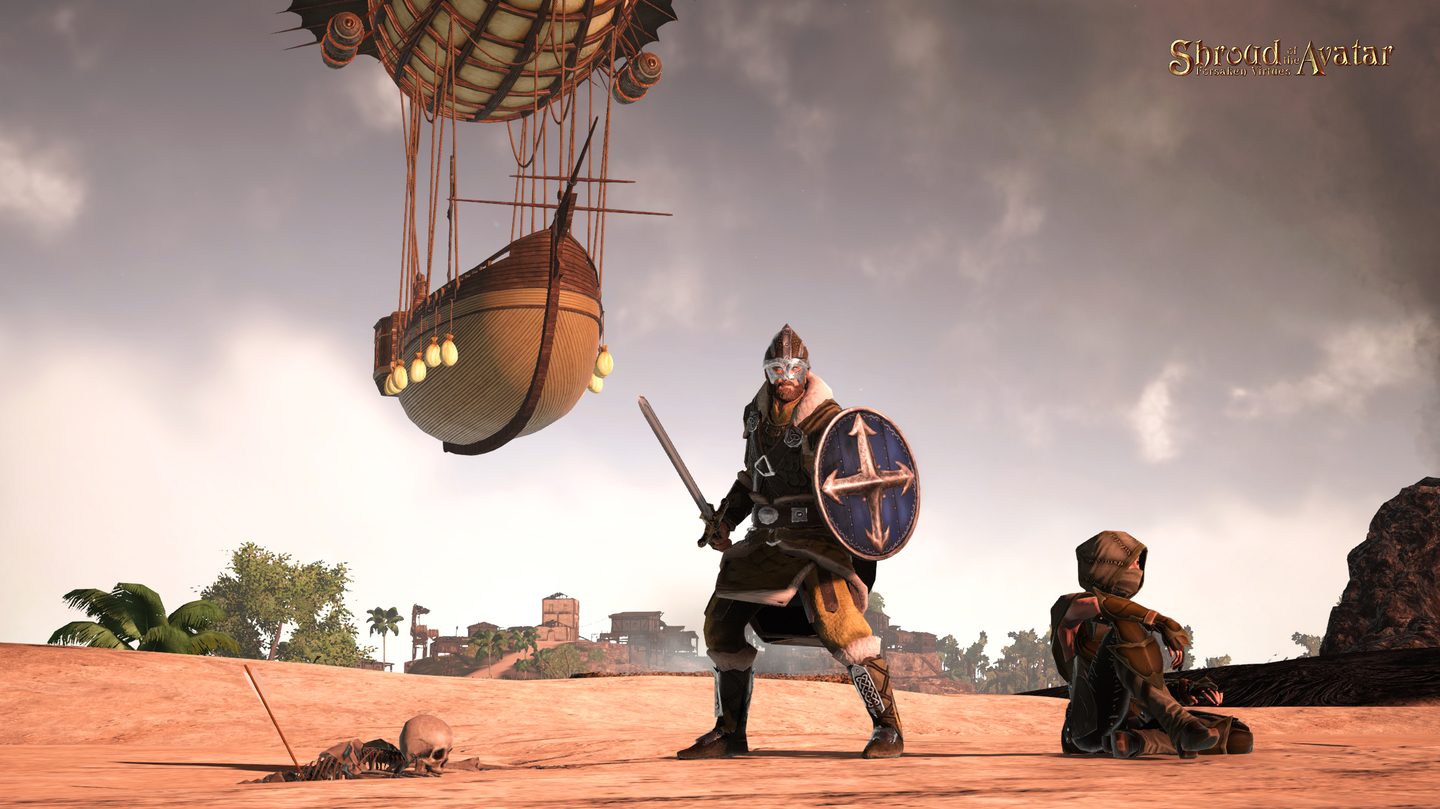In addition to vaunted music and technology scenes, Austin can also claim to be the cradle of modern video game design. While the city hosts dozens of smaller and independent companies working on games and gaming technology, not to mention extension offices of heavy hitters like Blizzard, BioWare and EA, less well-known is the fact that much of the way that games are played and designed originated in Austin.
It all goes back to Richard Garriott’s Origin Systems. The company’s classic Ultima series of action role playing games (RPGs) brought the character-building elements of tabletop and pen-and-paper games like Dungeons & Dragons to video games. If you’re playing a game in which you choose traits and skills for your character, you can draw a direct line back to the Ultima series. Ultima Underworld was the first game in true 3D and Origin’s Wing Commander series set new standards for graphics. 1997’s Ultima Online was the first successful MMORPG (massively multiplayer online role-playing game) and is still being played today.
Origin Systems had been started in the Garriott family garage before Richard, with his brother Robert, formally moved it to Austin in 1983, becoming the only computer gaming company for 1,000 miles. “We immediately began to have a huge amount of success, especially in the areas of finding great people to make games, and great leaders to lead games,” remembers Garriott.
One of those hires was Warren Spector. “Austin’s kind of the archetypal creative place,” Spector explains. “You have the perfect storm of locations to make games, which combine elements of tech, music, movies, writing and so on. All those elements still exist here, which is why Austin is still a center of game development matched by only a handful of locations around the world.”










